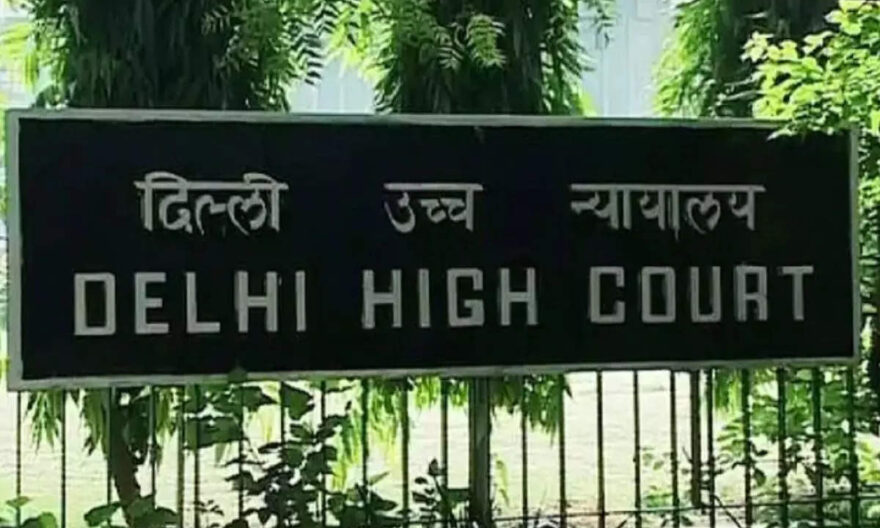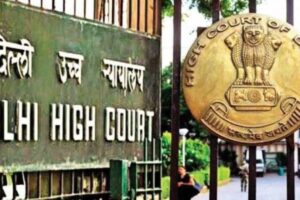
A man had made ‘Lord Hanuman’ a party in a case wherein there was a dispute over a temple constructed on private land and sought the right to worship therein. The Delhi High Court not only dismissed the appeal but also imposed a cost of Rs. 1 lakh.
Facts of the Case
In the case titled “Ankit Mishra & ANR vs. Santosh Sharma &ORS,” the appellant, Ankit Mishra, moved to the Delhi High Court after his petition was dismissed by the additional district judge, who dismissed the petition filed by him as an ‘objection petition.’ He filed the case on behalf of ‘Lord Hanuman’ as his next friend.
This case originates from a matter wherein the defendants adversely occupied the land through adverse possession and built a temple on that land. The plaintiff, the original owner of that land, moved to court and sought relief from the court to vacate the land from the defendants. The trial court passed a settlement decree in which the plaintiff agreed to pay the defendants a sum of Rs. 11 lakhs for them to vacate the land. The petitioner later filed an execution petition when, even after paying 6 lakh rupees, the defendants still hadn’t vacated the land.
The appellant in this case said that the settlement decree between both parties was meant to prevent him from offering prayers and performing rituals in the temple. The appellant then filed an objection petition before the lower court, stating that the land belongs to Lord Hanuman, in whose honor the temple was built, and that he is filing a case on behalf of the deity as his next friend, and hence, it is entitled to protect the deity’s interest. The trial court dismissed his plea, and he later moved to the Delhi High Court.
Court’s Ruling
The single judge bench, led by Justice C. Hari Shankar, said, “I never thought that God would, one day, be a litigant before me. This appears, however, thankfully, to be a case of divinity by proxy.
Justice Shankar observed that even if public worship is being offered at a private temple, this doesn’t mean that the temple is a public temple. Justice Shankar went on to say that just because people are permitted to worship in a private temple does not entail that the “land on which a private temple is constructed vests in the deity.”
With the above observations, the Court dismissed the appeal along with a cost of Rs. 1 lakh.





